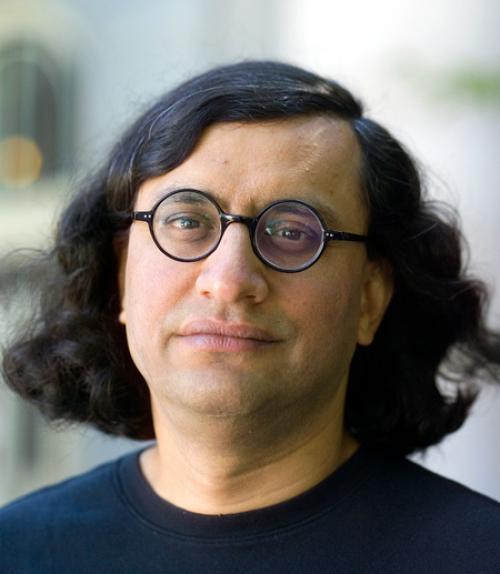
History of Art prof edits new volume on South Asian artist
Iftikhar Dadi, associate professor in the Department of History of Art and Visual Studies, is the editor and a contributor to the recently-released “Anwar Jalal Shemza” (Ridinghouse, 2015).
 Department Homepage
The College of Arts & Sciences
Department Homepage
The College of Arts & Sciences

Iftikhar Dadi, associate professor in the Department of History of Art and Visual Studies, is the editor and a contributor to the recently-released “Anwar Jalal Shemza” (Ridinghouse, 2015).
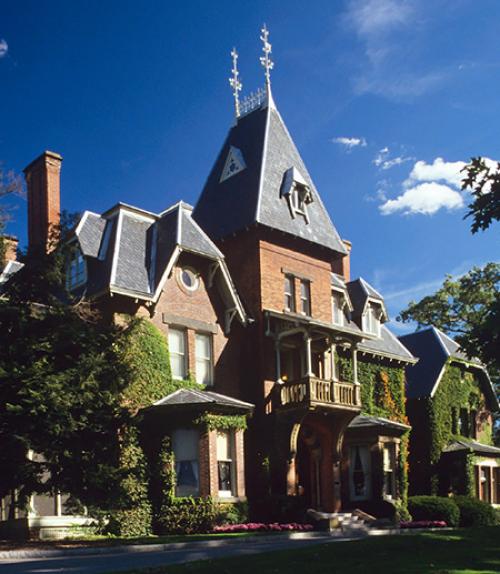
For 50 years, the Society for the Humanities has fostered path-breaking scholarship in the humanities. It has sponsored numerous internal grants, workshops and funding opportunities for Cornell faculty and graduate students in the humanities, as well as hosting over 100 annual lectures, workshops, colloquia and conferences organized by Cornell’s distinguished humanities faculty.
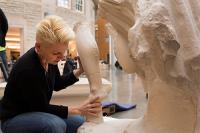
Once, she soared above the heads of Cornell greats like A.A. Ammons and Roald Hoffmann as they debated the great questions of their time in the Cast Gallery of Goldwin Smith, later turned into the Temple of Zeus café. Then for years she lay forgotten, abandoned to dust and mold and neglect.

Humanities professors research the impacts of climate change beyond the numbers.
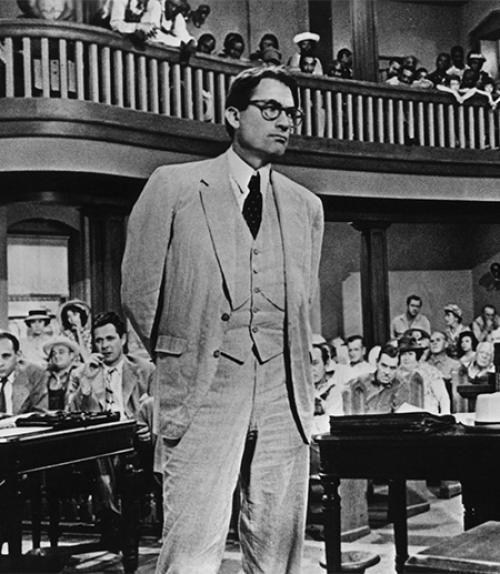
From Virginia Woolf to Debussy, faculty share the works that have impacted their careers and their lives during this series of lunchtime talks with students.
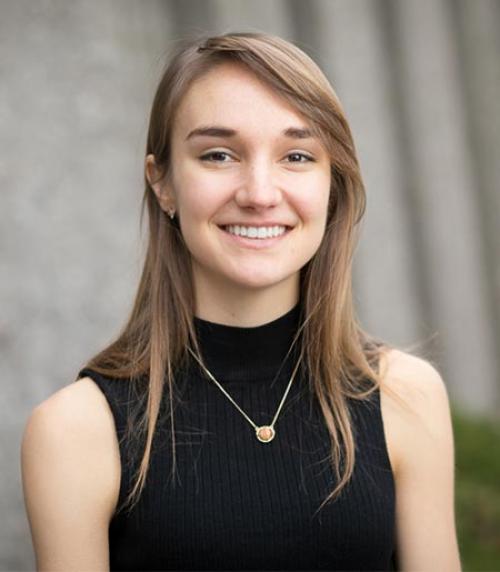
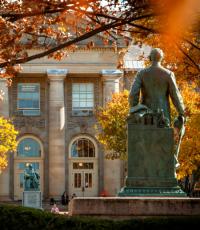
Scholars in medieval studies say many of the issues they explore resonate with those confronting modern society.
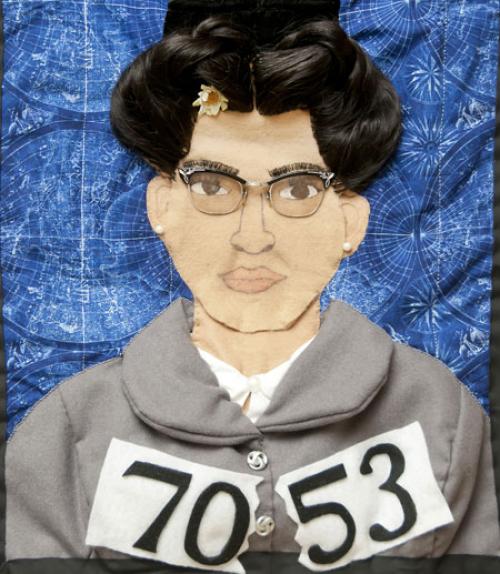
Artists today engage with a world very different from that of their predecessors: globally connected, technologically advanced and highly diverse. In the last fifty years the Western canon has been displaced as the benchmark for “good” and worthwhile art, opening the door to works intended to challenge viewers, rather than simply to aesthetically please.
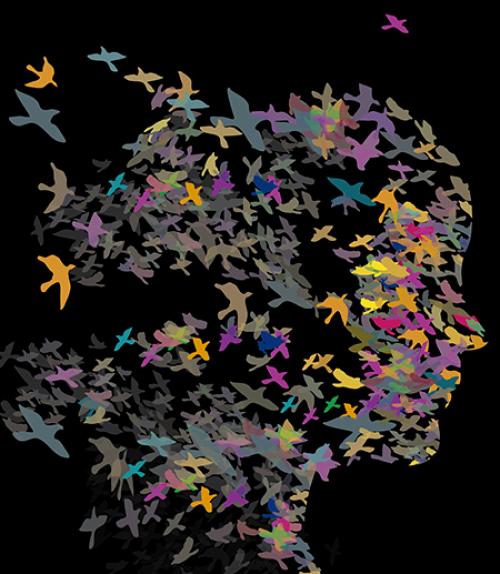
Migration is one of the major forces shaping the world today, with more than 60 million displaced people.“Never in history have we seen this many simultaneous displacements across the globe and these people are not going home any time soon,” says Mostafa Minawi, assistant professor of history and Himan Brown Sesquicentennial Faculty Fellow. “This is a global population redistribution and it will hit us whether we like it or not.”
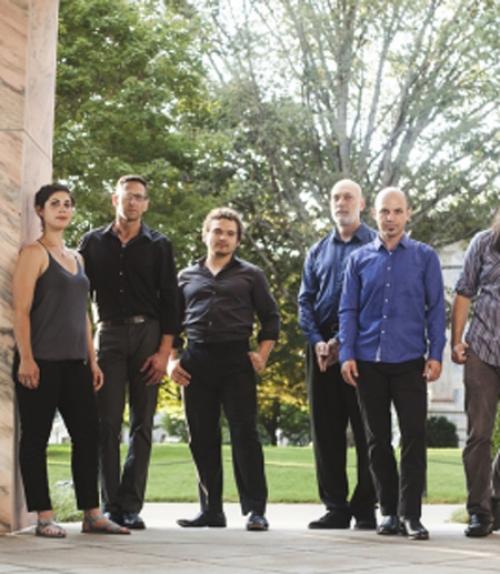
The Cornell Council for the Arts (CCA) has awarded grants supporting 40 projects, many involving students and faculty in the College of Arts & Sciences, to be presented or performed during the 2016-17 academic year.
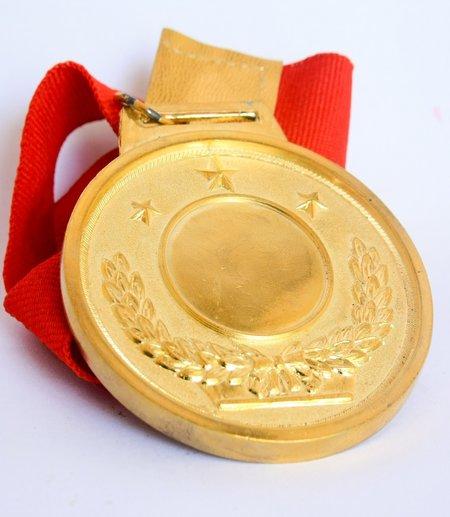
Students from throughout the college were honored recently for their accomplishments.

Derek Conrad Murray’s MA ’04, PhD ’05 recently published book, Queering Post-Black Art: Artists Transforming African-American Identity After Civil Rights (2016), arose from his interest in “post-blackness,” a term that emerged in the art world in the early 2000s, and immediately became a controversial and hotly-debated topic.

This Cornell Research story explores the many avenues that graduate students pursue in their research projects and the multitide of Cornell supports available to them.More than 5,000 graduate students work at Cornell, studying in more than 80 fields.
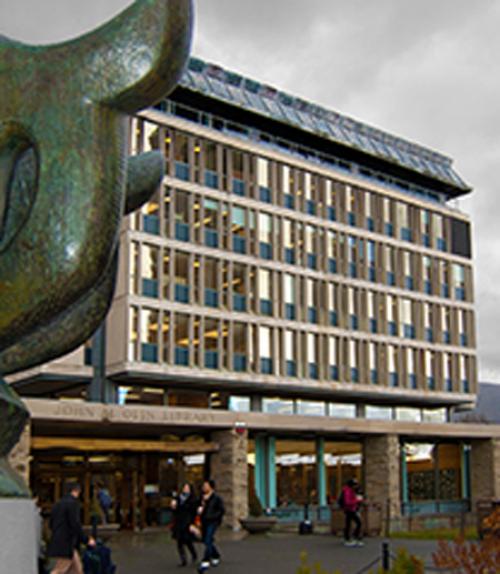
With so much research and exploration being conducted online, having material available digitally is vitally important to faculty and students.

Hundreds of seldom-seen photographs documenting the journey of African-Americans from the slavery era to the 20th century are now digitized and freely accessible to students and scholars around the world.
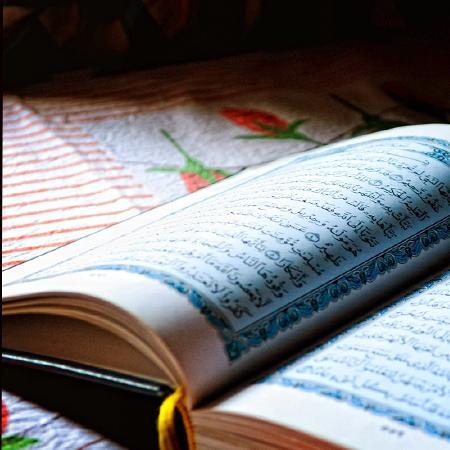
In response to the recent Executive Order barring U.S. entry to citizens of seven predominantly Muslim countries, Cornell’s Department of Near Eastern Studies will hold a teach-in Feb. 17 in the Groos Family Atrium in Klarman Hall from 10 a.m. to noon. The event is free and the public is welcome.
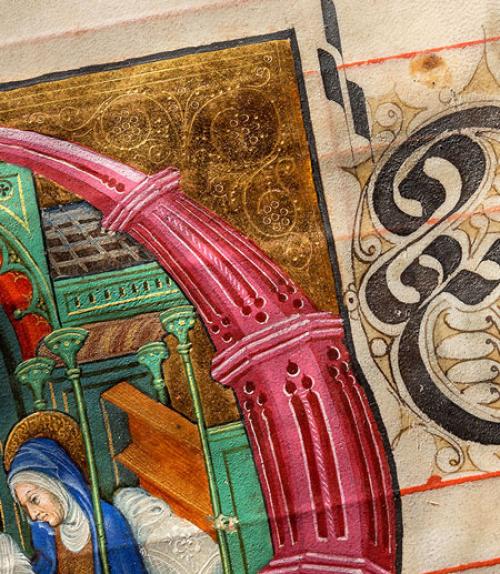
Astronomical imagery, a motif central to the study of art history, took on a variety of different meanings and functions among the dominant cultures of the early medieval period.
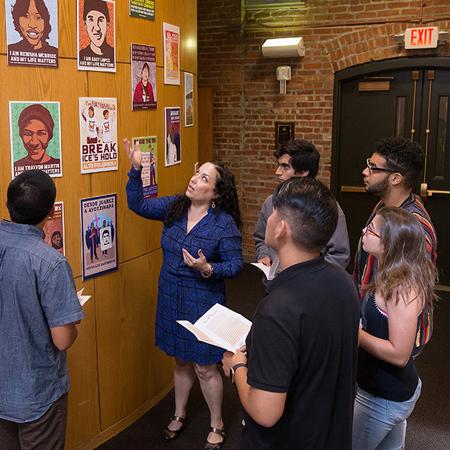
Melanie Cervantes' visit has been cancelled. The lunch will take place, without Cervantes; an informal conversation about the art display and Dignidad Rebelde will be held.
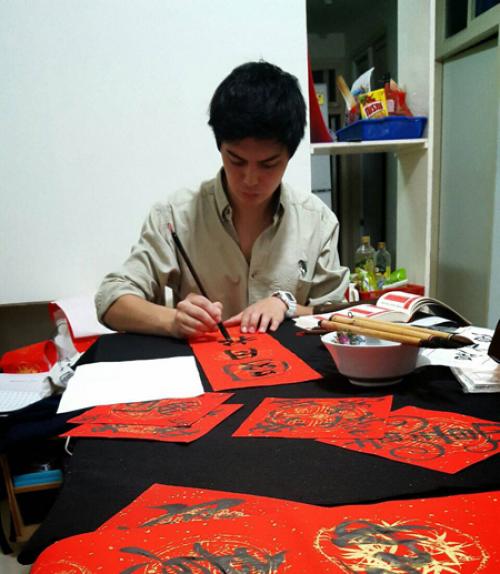
To master Chinese calligraphy, Vincent Chong writes each character over and over on paper, while consulting his book of 1,000 characters.

Twelve Cornell graduate students have been selected for the Einaudi-SSRC Dissertation Proposal Development Program (DPDP), the Mario Einaudi Center for International Studies announced.

The program was created by the late Philip Merrill ’55 and is funded by annual support from the Merrill Family Foundation.

Cornell’s Atkinson Center for a Sustainable Future has named eight social sciences, humanities and arts (SSHA) fellows for the 2017-18 academic year. The fellows, who come from across the university, will add distinctive perspectives to the arena of sustainability by reshaping behaviors, imaginations and minds through their research, said David Lodge, the Atkinson Center’s Francis J. DiSalvo Director.
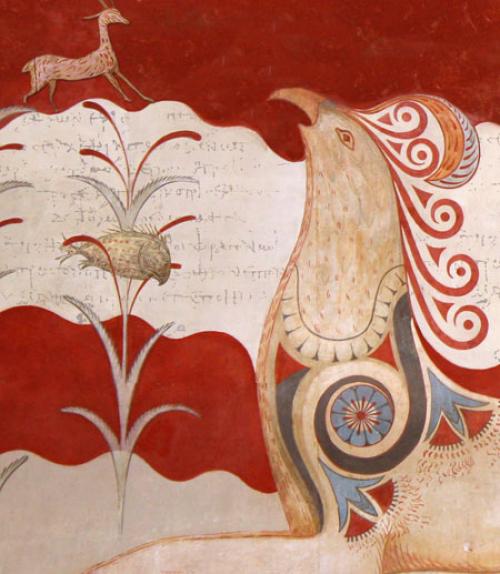
Whether ancient zoographers’ views were shaped by scientific study or by casual encounters with animals in nature will be explored in a conference Sept. 8-10 at Cornell, “Zoographein – Depicting and Describing Animals in Greece, Rome, and Beyond.”
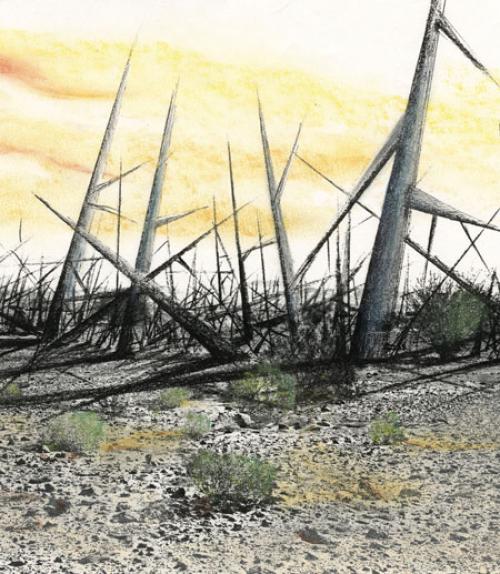
Debates about nuclear energy rarely address an issue critical for future generations: how to warn them away from buried nuclear waste.

Cornell’s Southeast Asia Program (SEAP) and Cornell Institute for European Studies (CIES) welcomed new faculty leadership this fall.